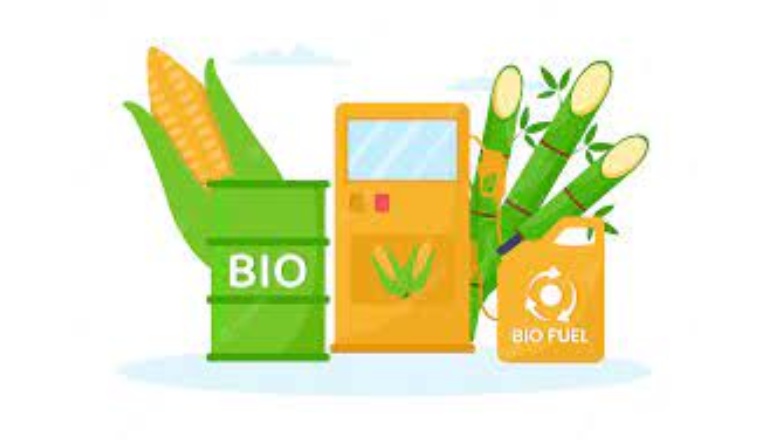Keppel Corporation Limited (Keppel), and AM Green have partnered to explore opportunities to produce biogenic carbon-based SFs or sustainable fuels.
The biogenic carbon-based sustainable fuels include bio and green methanol, second-generation (2G) ethanol, and sustainable aviation fuel (SAF).
The MOU was signed against the backdrop of COP 28 in Dubai. The two parties will jointly identify, evaluate, and co-develop projects in Southeast Asia and the Middle East. The goal is to generate one million tonnes of biogenic carbon dioxide annually for sustainable fuel production in AM Green’s plants.
The partners will also identify areas for collaboration in the value chain of a bio-methanol project in India. The project aims to produce 500,000 tonnes of bio-methanol annually.
This MOU also aligns with the launch of LeadIT 2.0, which was announced by Indian Prime Minister Narendra Modi at COP 28 in Dubai. LeadIT 2.0’s primary goal is to co-develop, transfer, and provide low-carbon technology and financial support to developing countries.
Cindy Lim, CEO, Keppel’s Infrastructure Division, said, “Biofuels have an important role to play in decarbonizing industrial operations and the aviation sector. Keppel’s expertise in handling domestic waste and organic feedstock and carbon cycling expertise will significantly enhance their collaboration with AM Green. This partnership aims to spur the development of next-generation biofuels and sustainable aviation fuel in the region, which can serve as substitutes for fossil fuels.”
Mahesh Kolli, President, AM Green, said, “We are excited to partner with Keppel to drive India’s transition towards renewable energy exports like green methanol and SAF. AM Green will utilize Greenko’s Intelligent Renewable Energy Storage Platform (IRESP) to enable Prime Minister Modi’s vision of India’s leadership in the global efforts to combat climate change. It will also establish us as a reliable, sustainable source of low-cost green molecules to catalyze India’s and the world’s decarbonization.”
It must be noted that Keppel and Greenko have expanded their agreement signed in October 2022. The agreement explores the possibility of building a green ammonia production facility in India to produce 250,000 tonnes annually. Up to 1.3 GW of solar and wind energy projects, supported by pumped hydro storage, are planned to power the facility.











